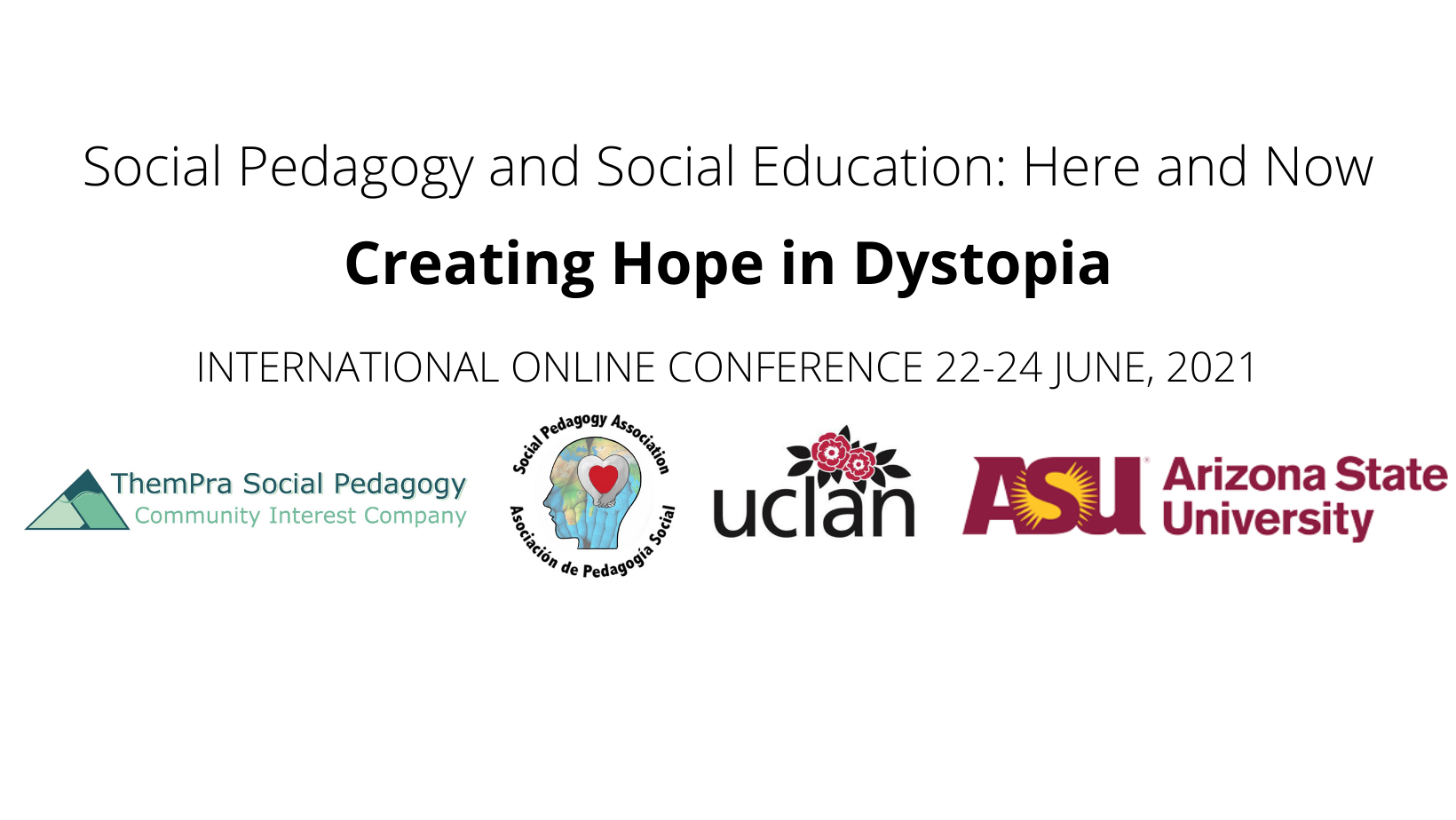 For the past year, the Covid-19 pandemic has starkly exposed the huge social inequalities and ruptures threatening to tear apart the social fabric in many countries and across the globe. The onslaught of social media has deepened divisions within societies and is increasingly leading to violent clashes reminiscent of dystopian storylines in film and fiction novels.
For the past year, the Covid-19 pandemic has starkly exposed the huge social inequalities and ruptures threatening to tear apart the social fabric in many countries and across the globe. The onslaught of social media has deepened divisions within societies and is increasingly leading to violent clashes reminiscent of dystopian storylines in film and fiction novels.
Amidst the deteriorating climate catastrophe, rising income inequalities, the resurgence of mainstream populism, and the accelerating replacement of human insight with technological advances through artificial intelligence, staying positive can be a challenge.
Social pedagogy and social education are about providing educational solutions to social issues, so how can we meaningfully respond during such turbulent times? How can we create hope, not just for those most affected by these challenges, but also for ourselves as social pedagogues and social educators? How can we recognise new opportunities amidst issues that seem increasingly insurmountable? It seems crucial that we face these uncertainties with a sense of resilience, hopefulness and energy, clearer insights into the complex conditions, and inspirational ideas of how we can contribute to positive change.
Join us for this important international conference to engage in the kind of dialogue that creates hope in dystopia.
Taking place online via Zoom, the 3-day conference combines live sessions and pre-recorded materials to create an engaging learning environment irrespective of your geographical location. You can contribute in a variety of ways:
-
Live interactive workshops are 60-90 minute sessions with a small group of participants and focused on exploring a specific theme relevant to the conference (see list below). Facilitators must ensure that participants are actively involved throughout the workshop session.
-
Live roundtable conversations are chaired 60-90 minute sessions with a panel of contributors initiating a conversation about a clearly defined theme. As live sessions, they must be designed to elicit contributions from conference participants, giving them a ‘seat around the table’.
-
Pre-recorded presentations are 5-20 minute videos sharing relevant insights from practice, projects or research. The videos will premiere at the conference, with exclusive access available to delegates after the conference too. There will be several opportunities over the 3 conference days to lead informal discussions of these videos or contribute to a live roundtable conversation. Presenters must ensure that high quality recordings are uploaded by 31/05/21 together with a full transcript for closed captioning and translation purposes.
-
Impromptu open space conversations will create opportunities for conference participants to explore emerging themes with others in ways that aren’t scripted or predetermined.
-
Meet-ups in the virtual gardens will provide informal spaces for networking throughout the conference, which can be used to continue conversations arising from conference contributions, reconnecting with other delegates or forming new alliances with like-minded participants.
Submit Your Proposal
We’re interested in contributions that address contemporary challenges from a social pedagogical/educational perspective and chart possible ways forward for practice. If your work can help illuminate our understanding of social issues and provide inspiration for how we can meaningfully respond to social inequalities, then please send us your proposal, clearly outlining how it reflects the conference theme.
Proposals should be submitted via the conference proposal Google form and are due no later than March 15, 2021. Accepted proposals will be notified via email by May 1, 2021.
Questions or concerns should be sent to: contact@socialpedagogy.org with the subject heading: Here and Now Online Conference 2021/Inquiry.
Conference Proceedings:
Presenters who would like to submit a paper for a post-conference publication after receiving feedback on their conference presentations will have until 1 August, 2021 (one month and a week after the end of the conference). Papers should not exceed 3,500 words (excluding references). This is optional and is not a requirement to present at the conference.

